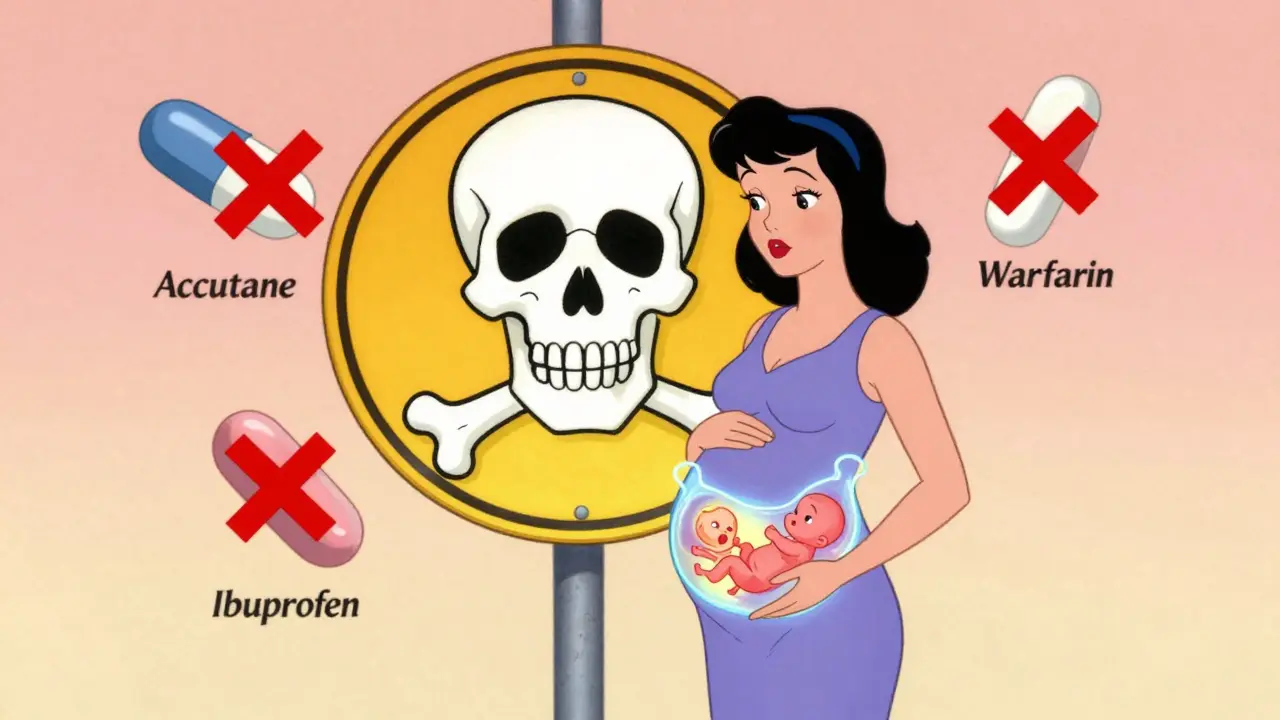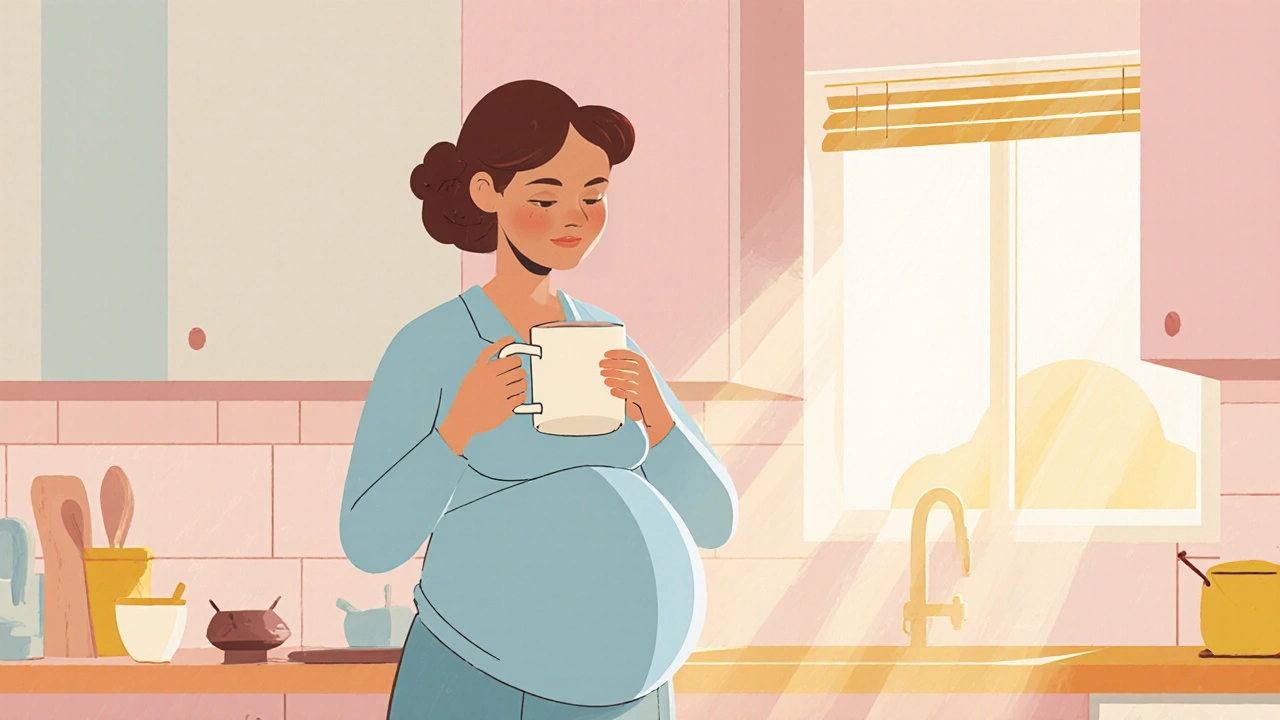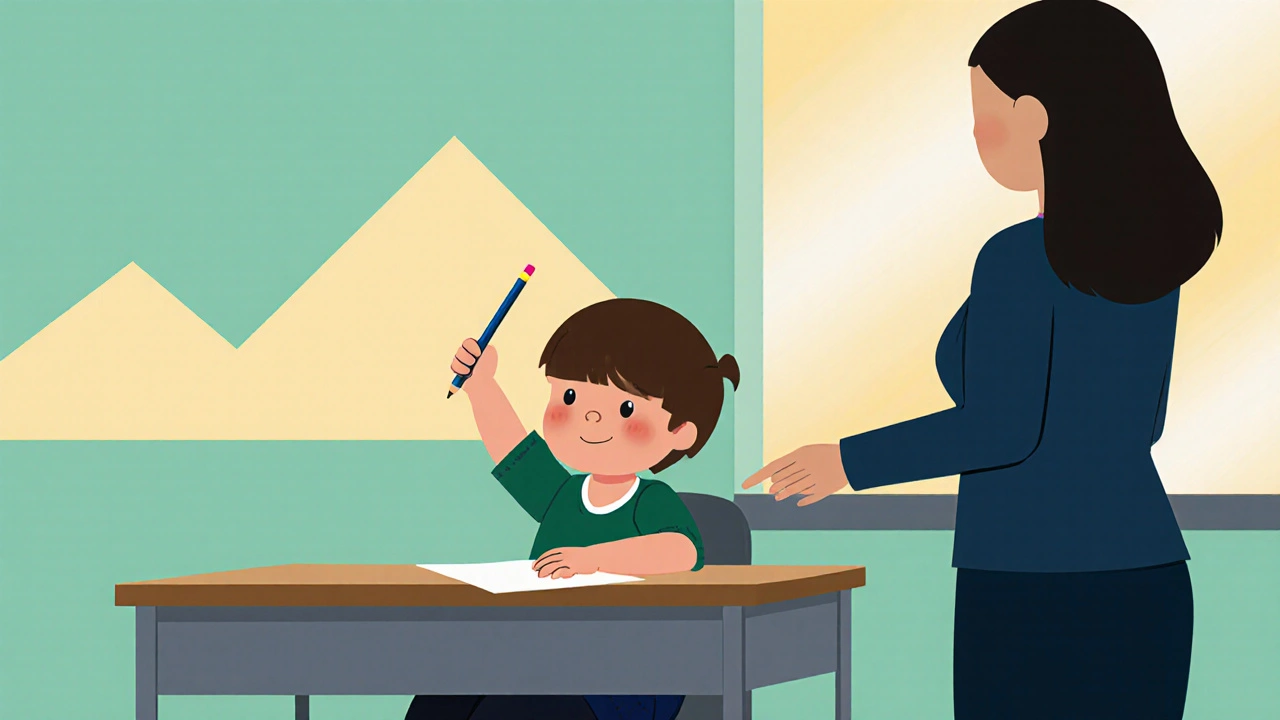Parenting and Family Health: Practical Tips on Meds, Illness, and Preventive Care
Accidental medicine mistakes happen at home more than anywhere else. That’s why practical, simple guidance matters. This page helps you spot when a medicine is safe for pregnancy or kids, how to handle common childhood illnesses, and when to contact a doctor. No fluff — just clear steps you can use today.
Safe medications during pregnancy and breastfeeding
Worried about taking a prescription while pregnant or breastfeeding? Ask two questions: does your provider recommend it, and does the benefit outweigh risk for you and the baby? Many common antibiotics, like amoxicillin, are often used in pregnancy, but every case is different. Read our full write-up on Amoxicillin and Pregnancy for specifics and alternatives.
If you must take medicine, bring a list of all your drugs to the appointment. Mention allergies, past reactions, and any supplements. Your doctor or pharmacist can suggest safer alternatives and the best timing for doses to reduce risk while breastfeeding.
Kids' meds, dosing, and when to call the doctor
Dosage in children is based on weight, not age. Always weigh your child or use the latest weight from the pediatrician before giving a dose. Use the measuring device that comes with the medicine — kitchen spoons are unreliable. For fever, acetaminophen and ibuprofen are common, but follow dosing charts or your provider’s instructions.
When should you seek medical help? Call your pediatrician or go to urgent care if your child has: persistent high fever (over 39°C/102°F for infants younger than 3 months or prolonged in older babies), trouble breathing, severe dehydration (not peeing, dry mouth), seizures, or a rash that spreads quickly. For babies under 2 months, always seek care for fever.
Vaccines are one of the most effective steps you can take as a parent. Keep the immunization schedule up to date and bring the record to every visit. If you miss a shot, your provider can help catch up safely.
Another common worry is accidental ingestion. Store all medicines, vitamins, and household chemicals out of sight and reach, ideally in locked cabinets. If a child swallows something they shouldn’t, call your local poison control center immediately — don’t wait to see symptoms.
Want reliable drug info fast? Use trusted sources: your prescriber, pharmacist, and reputable medical websites. Avoid random social posts for medication advice. If you're comparing drugs or thinking about stopping a medication, run the decision by a clinician first.
Parenting means lots of small health decisions every day. Focus on three simple rules: 1) check doses by weight, 2) keep a current meds list, and 3) ask a pro when unsure. That will cut risks and keep your family healthier with less worry.
Medications to Avoid in Pregnancy: Teratogenic Risks and Safe Alternatives

Learn which medications to avoid during pregnancy due to teratogenic risks and discover safe, proven alternatives for pain, infections, acne, and chronic conditions. Get evidence-based guidance for every trimester.
- December 28 2025
- Tony Newman
- 10 Comments
Pediatric Medication Safety: Special Considerations for Children

Pediatric medication safety requires special attention because children's bodies process drugs differently. Learn how to prevent dangerous dosing errors, store medicine safely, and avoid common mistakes that lead to poisoning.
- December 3 2025
- Tony Newman
- 13 Comments
Pregnancy Tremors: Symptoms, Risks & Management Tips

Learn why tremors happen during pregnancy, when they signal a problem, and practical steps to manage them safely for you and your baby.
- October 22 2025
- Tony Newman
- 9 Comments
Effective Classroom Strategies for Students with Poor Muscle Control

Practical strategies, from classroom tweaks to assistive tech, help students with poor muscle control thrive academically while fostering inclusion and independence.
- October 21 2025
- Tony Newman
- 10 Comments
Amoxicillin and Pregnancy: Safety, Risks, and Alternatives

As a soon-to-be mom, I recently researched the safety of taking Amoxicillin during pregnancy. I discovered that it is generally considered safe, as it is a Category B drug with no known harmful effects on the fetus. However, it's still important to consult with your healthcare provider before taking any medication. If Amoxicillin is not suitable for you, alternatives like Erythromycin and Azithromycin may be prescribed. Remember, always prioritize your and your baby's health by discussing medication options with your doctor.
- April 27 2023
- Tony Newman
- 12 Comments
